Mr. Le Ba Duong - Chairman of Tan Hoi Commune Farmers' Association said that the outstanding benefits from applying digital technology (IoT, Big Data, AI...) in agricultural production and consumption of agricultural products are obvious, all farmers know that. Applying digital technology and biotechnology helps farmers grasp environmental data, analyze soil types, biological characteristics of crops, growth stages of plants... Based on the data provided by technology applications, farmers will make appropriate decisions: what type of fertilizer to apply, how much water to irrigate, when to spray pesticides, whether agricultural products are old enough to harvest or not. Thanks to that, farmers can reduce production costs, minimize water pollution, reduce land desertification, and protect biodiversity. “The application of digital technology in agricultural production helps farmers manage and operate more effectively, and decisions are made faster, more accurately, and more promptly because of notifications from the digital technology system,” Mr. Le Ba Duong shared.
Directly cultivating agriculture on his family's 2.5-hectare land, Mr. Phan Thanh Nhan - a farmer in Quang Lap commune, said that farmers are both the ones who produce agricultural products and the ones who create a new look for the countryside. Therefore, all changes in the countryside need to start from farmers and for farmers to build agricultural production models that bring practical benefits. Applying digital technology in agricultural production and consumption of agricultural products is a way to build a rural agricultural ecosystem: linking production and consumption of agricultural products with farmstay development. Through the farmstay model, farmers can "export" agricultural products on the spot, instead of wholesaling agricultural products to traders as before. According to Mr. Phan Thanh Nhan, by establishing value chain links, farmers become agricultural entrepreneurs, bringing agricultural products to the market, thereby increasing income, creating jobs for rural workers, contributing to making the countryside more and more beautiful.
However, the biggest obstacle now, when farmers embark on digital transformation, is the division of responsibility. “Farmers are not scientists , so their understanding of fertilizers and pesticides cannot be like that of scientists. Therefore, what farmers need when implementing digital transformation in agriculture is the connection of responsibility between scientists and farmers. Scientists can advise farmers on how to take care of crops on specialized software or introduce to farmers which fertilizers and pesticides of which units ensure quality on specialized software. After harvesting agricultural products, if there are residual agricultural products, chemical residues, or agricultural products that cannot be exported, it must be clear who is responsible for that,” Mr. Phan Thanh Nhan confided.
According to Mr. Phan Thanh Nhan, to successfully transform digital agriculture, there needs to be a unit that connects supermarkets with farmers, so that farmers can simply scan the supermarket QR code to order agricultural products from farmers. The remaining problem is logistics. Chairman of the Tan Hoi Commune Farmers' Association Le Ba Duong added: "High investment costs for digital technology applications are also an obstacle for farmers."
According to Mr. Le Ba Duong, in Tan Hoi area, the investment cost for an automatic irrigation system for 1 sao of agricultural production currently ranges from 10 to 15 million VND, while the investment cost for a greenhouse system for 1 sao of agricultural production is about 30 million VND. Ms. Ka Sa Ana - a farmer in Tan Hoi commune expressed: "With such high investment costs, without capital support from the state, it is very difficult for farmers to carry out digital transformation in agriculture".
Source: https://baolamdong.vn/chuyen-doi-so-trong-nong-nghiep-goc-nhin-cua-nha-nong-394117.html



![[Photo] Prime Minister Pham Minh Chinh meets with representatives of outstanding teachers](https://vphoto.vietnam.vn/thumb/1200x675/vietnam/resource/IMAGE/2025/11/15/1763215934276_dsc-0578-jpg.webp)



![[Photo] General Secretary To Lam receives Vice President of Luxshare-ICT Group (China)](https://vphoto.vietnam.vn/thumb/1200x675/vietnam/resource/IMAGE/2025/11/15/1763211137119_a1-bnd-7809-8939-jpg.webp)
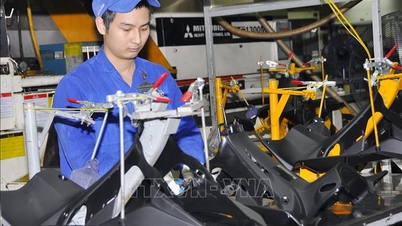

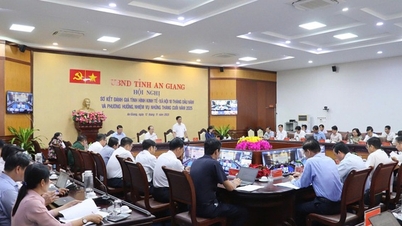


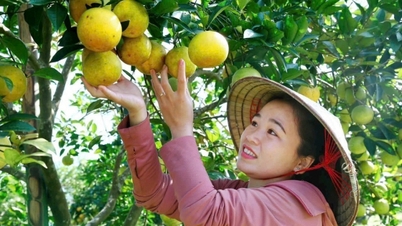

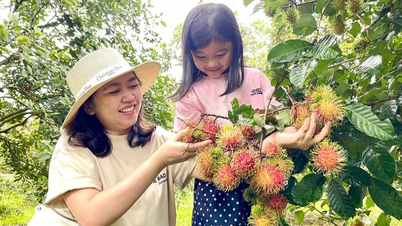



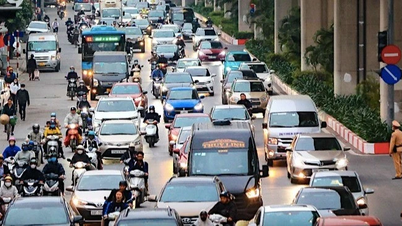


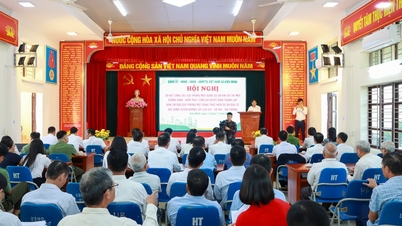

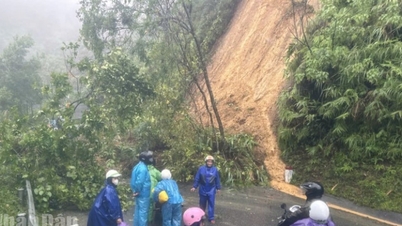
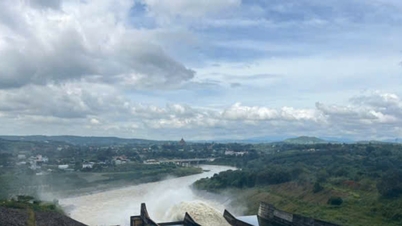
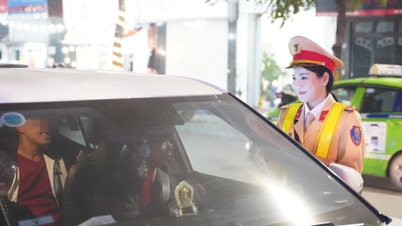




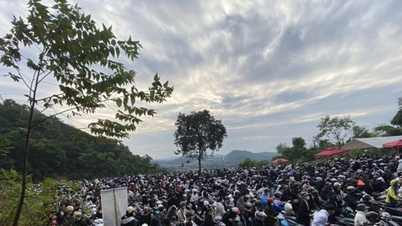
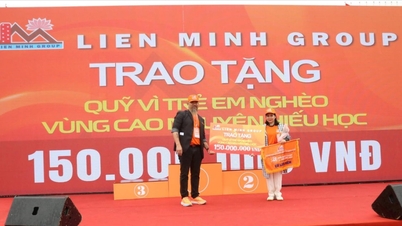
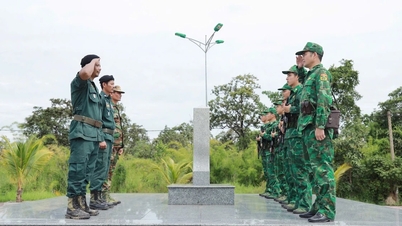
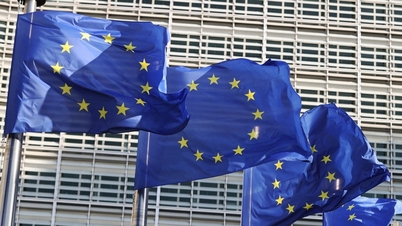
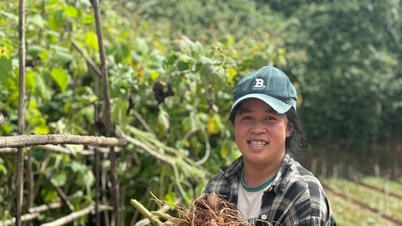
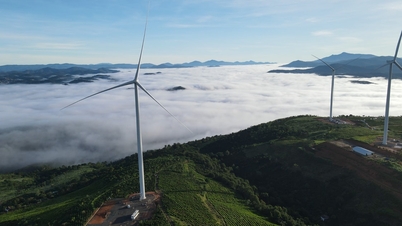








































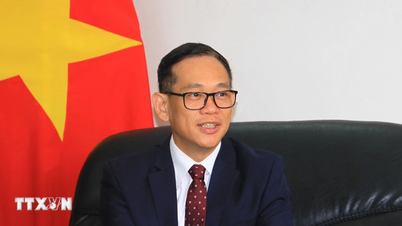

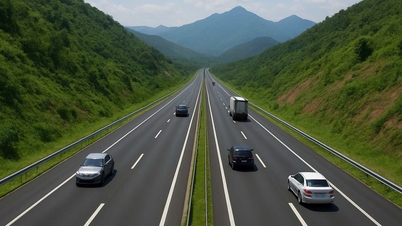






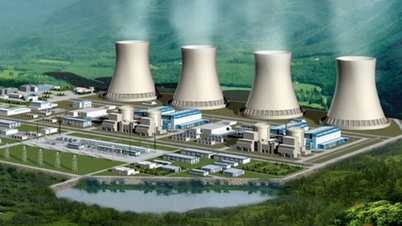


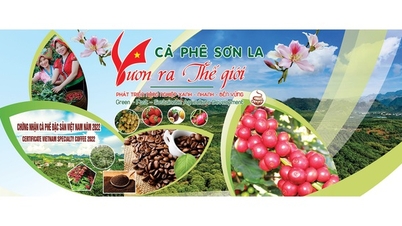

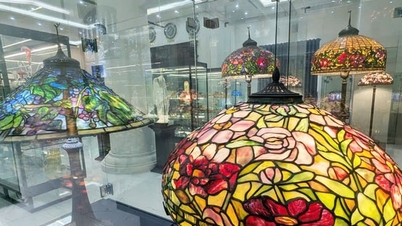

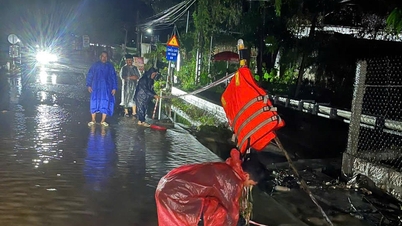

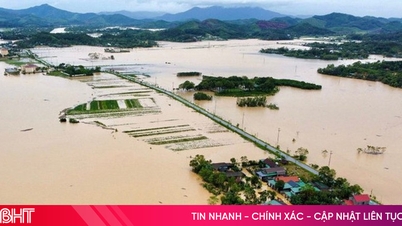










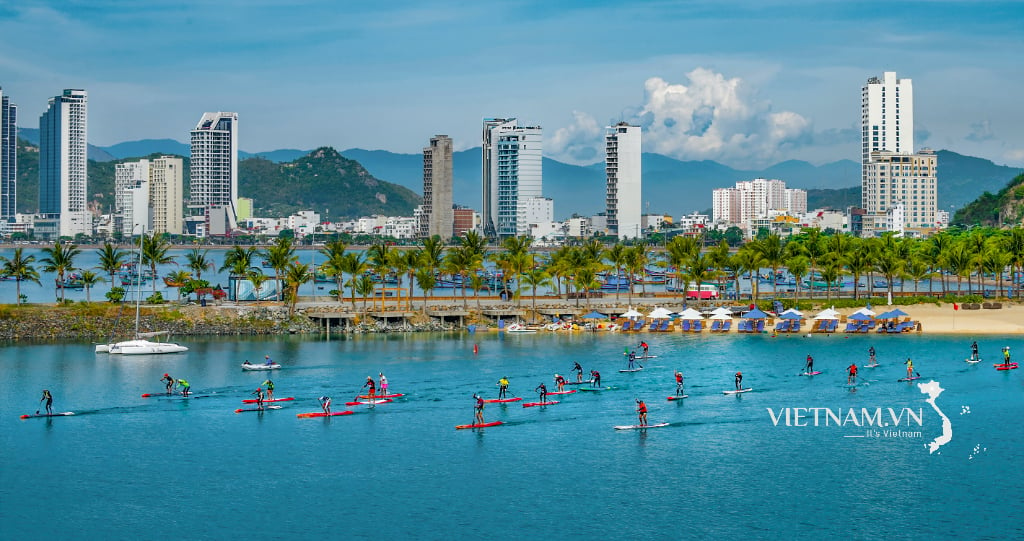


Comment (0)